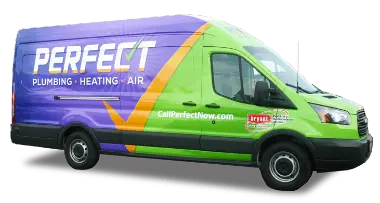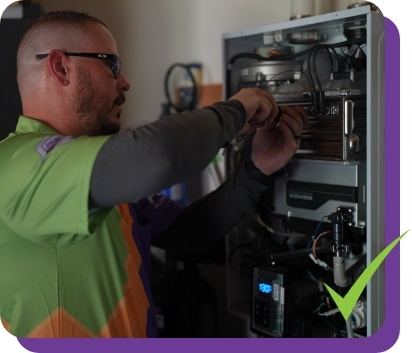Always have the hot water you need by installing the correct water heater in Boise, ID. There are many water heaters, like tankless two storage tank options. You also need to consider the type of fuel the water heater will use and how the new system will be integrated into the existing one. An improperly installed water heater will be less efficient and likely to run into problems down the road.
Getting water heater repairs services promptly is equally as important. If you don’t, your system will not be efficient, and you will likely be spending much more on energy bills.



